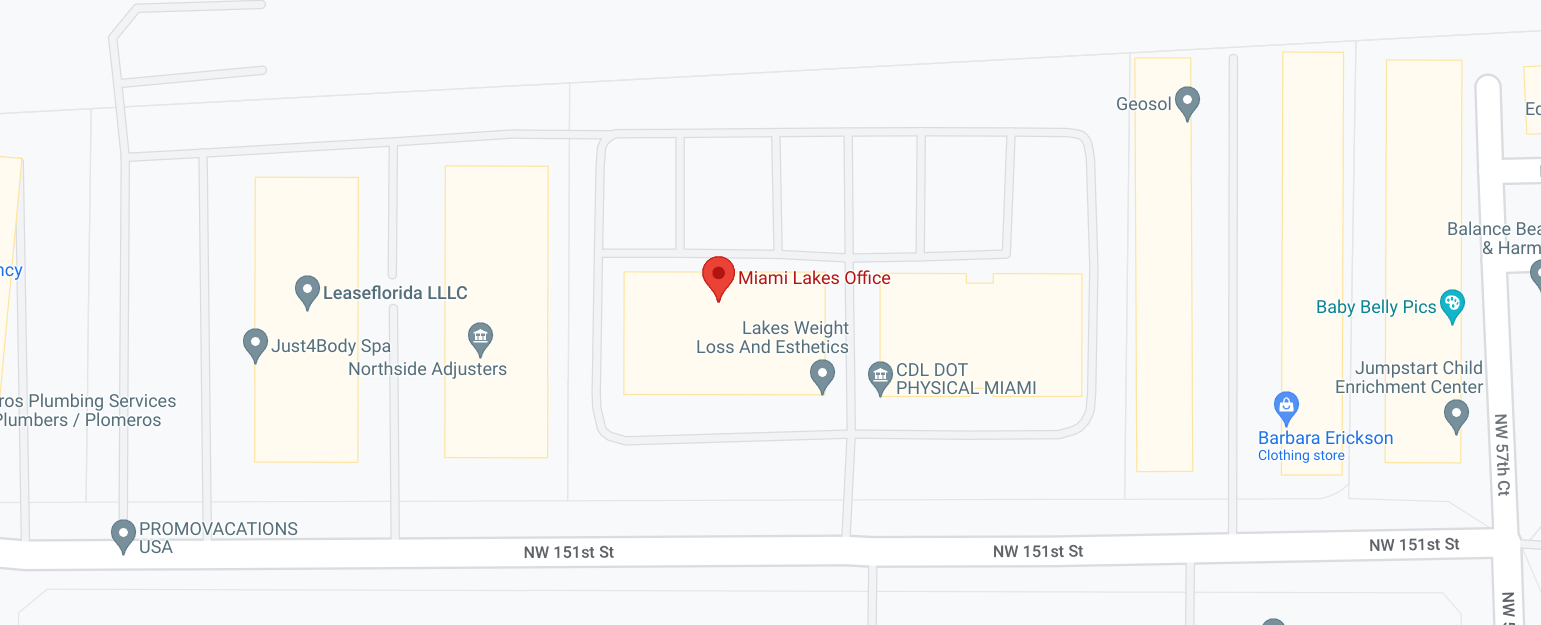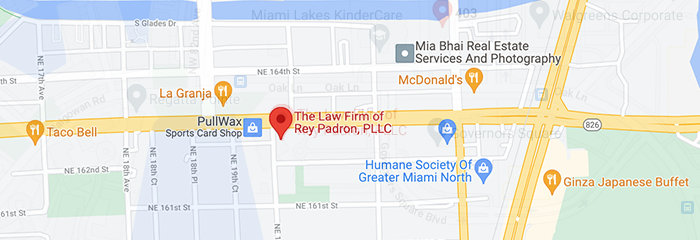Certain Florida statutes pertaining to wrongful death cases directly affect who can file a wrongful death suit on the descendants, or their family’s behalf. These Florida statutes require that the decedent’s personal representative, or a specific person named in the deceased person’s will, can work with their personal injury lawyer, to formulate and bring the case before the probate court. If the decedent has no will, then usually an appropriate, designated personal representative is appointed by the court to oversee the case.
Florida has specific “Right to Action” laws that stipulate that “when the death of a person is caused by the wrongful act, negligence, default, or breach of contract or warranty of any person,” then the estate, or specifically appointed person or family member of the deceased person, can move to file a civil lawsuit in the Florida courts.
These wrongful death claims are usually made by the deceased’s immediate family, but there are some alternate situations where the life partners, financial dependents and even distant family members can also file the suit. Any of these appropriate persons can make a claim against anyone, or any institution, who may have caused or contributed to the deceased’s death due to negligence, intent, or legal fault.
Florida law dictates that a wrongful death occurs when a person, entity, or institution causes another person’s death by a “wrongful act, negligence, default, or breach of contract or warranty.” The reasons and causes for a wrongful death case are myriad, however, and only with the professional legal guidance of an experienced Miami wrongful death lawyer, will you be able to navigate this legal, but necessary and serious matter.
Is There a Statute of Limitations, or Timeline, In Which a Wrongful Death Suit Must Be Filed?
Specific Florida statutes dictate that the statute of limitations for most wrongful death cases is two years from the date of the decedent’s death. This is the normal guideline followed, but these cases are complex, and your personal injury lawyer will be vital in making sure you don’t miss deadlines, or explain the circumstances if you did, but still be allowed to file.

Certain other Florida statutes explain that actions other than recovering real property should take place as follows:
- Any action regarding medical malpractice shall commence within two years from the time the incident giving rise to the action occurred or two years from the time the incident was discovered.
- Any action for wrongful death.
Once again, Florida’s “Right to Action” laws state that when the death of a person is caused by the wrongful act, negligence, default, or breach of contract or warranty of any person, commonly the estate or family of the deceased person may file a civil lawsuit.
It’s vital to keep in mind that the estate can pursue and file for financial compensation for the wrongful death and any, and all losses, which resulted from it. These “losses” are usually thought of as monetary, but under specific circumstances, may include, hardship, “pain & suffering,” and other more intangible types of loss.
What Are Some Examples of Damages I Could Receive In a Wrongful Death Lawsuit?
In Florida, it usually holds that the personal representative of the decedent must be the only party involved in the claim and lawsuit. This person acts for the decedent’s estate and can bring a claim for the benefit of the entire estate and all the decedent’s survivors.
Some types of damages that the estate may receive include:
- Funeral expenses of the victim.
- Medical bills and treatments received before their death.
- The lost wages that will never be realized by the family or estate.
- The extreme and sometimes debilitating mental pain and anguish of the decedent’s family, including minors under 25 years old.
- The entire value of lost support and services that the decedent would have been able to provide.
The deceased person’s estate could also recover the value of lost earnings that the deceased person was expected to receive. This is also known as the prospective net accumulations of the estate. This translates as the value of earnings the estate would’ve received if the deceased person had continued to live and thrive.

The liability in a Florida wrongful death case is only expressed in terms of financial damages. Criminal cases can also be brought up in court when wrongful death is at play. These cases address different concerns, and they don’t necessarily result, or seek, financial compensation.
What Facts Do We Need To Prove in My Wrongful Death Case?
If you file a wrongful death lawsuit, it will allow you and other surviving family members to seek justice and compensation on behalf of your loved one who passed away due to an act of carelessness or violence.
Not all deaths, however, or even accidental deaths can legally qualify for a wrongful death lawsuit. These cases must meet specific legal criteria to be instigated by the survivors.

There are four key parts to a wrongful death case that must be proven, they are:
- Negligence – To file and win a wrongful death case, you, and your wrongful death lawyer, must prove the death of your relative was caused either partially or entirely by the carelessness, recklessness, or negligent actions of the other party (the defendant).
- Breach of duty – Also, in the case of wrongful death, you will need to be able to prove that the defendant owed a duty to help keep the victim safe. Your personal injury lawyer must be able to establish how the duty of the defendant existed, and that this duty was breached because of negligence.
- Causation – Also, you must prove that this duty was breached towards the victim, and the facts in the lawsuit will also be required to prove how this negligence caused the death of their loved one.
- Damages – In your wrongful death case, you will also have to prove that the death of the victim caused you, or the survivors calculated or quantifiable damages.
These damages may include items, such as:
- Hospitalizations and Medical costs.
- Burial costs and the cost of the funeral.
- Loss of income, and loss of potential future earnings.
- A loss of protection, guidance, and inheritance.
- Pain and suffering of the victim, and their survivors.
- And there are more.
I Feel That My Loved One Suffered a Wrongful Death, What Should I Do First?
It’s becoming clear that filing a wrongful death lawsuit and proving all that is necessary to win in the Florida courts, will require the production of strong, well-represented, and convincing evidence. Consulting with a professional wrongful death attorney will help you build your case around the facts and evidence so that your case is presented rationally, and favorably.
The Miami Law Firm of Rey Padron has helped a myriad of grieving South Florida families get justice for their incalculable loss. Consult with them immediately and get the empathy and professional attention that you need to move forward successfully.












